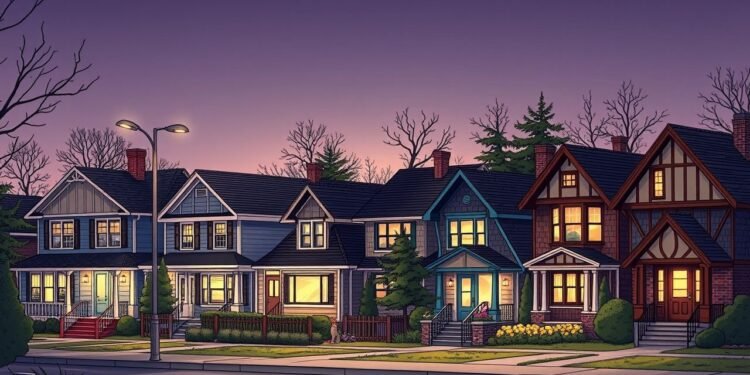Buying or selling a home can feel overwhelming, especially with real estate prices soaring in many cities. Maybe you’ve heard terms like “housing bubble” or “real estate bubble” and wondered if they affect your plans.
Understanding these concepts is essential since a sudden crash could impact your goal of owning property—or your investment returns.
A housing bubble occurs when home prices rise too fast, far beyond what’s typical for incomes or demand. For example, the 2008 U.S. housing crisis caused millions to lose their homes due to risky loans and overvalued markets. 2
In this blog, you’ll explore what causes bubbles, how to spot one, and how they impact buyers and investors like you. Learn strategies to protect yourself from risks tied to rising interest rates and shifting market trends.
Stay tuned—you’ll find this information valuable!
Key Takeaways
- A real estate bubble occurs when home prices increase beyond income levels due to high demand, limited supply, and speculation. Examples include the U.S. 2008 crisis and Japan’s 1980s “Lost Decade.”
- Loose lending practices in past bubbles, such as no-document loans and ARMs during the mid-2000s, led to risky borrowing, causing defaults and foreclosures.
- Rapidly rising housing prices surpassing incomes indicate unsustainable markets. Cities like Toronto and Hong Kong experience affordability challenges even after price corrections.
- Miami ranks highest on the Global Real Estate Bubble Index 2024 with a score of 1.79; cities at risk also include Tokyo (1.67) and Zurich (1.51). Paris shows recent price corrections slightly reducing risks.
- Risk management strategies involve tighter loan regulations by governments or banks, avoiding speculative buying driven by FOMO, and carefully evaluating affordability using tools like mortgage calculators.
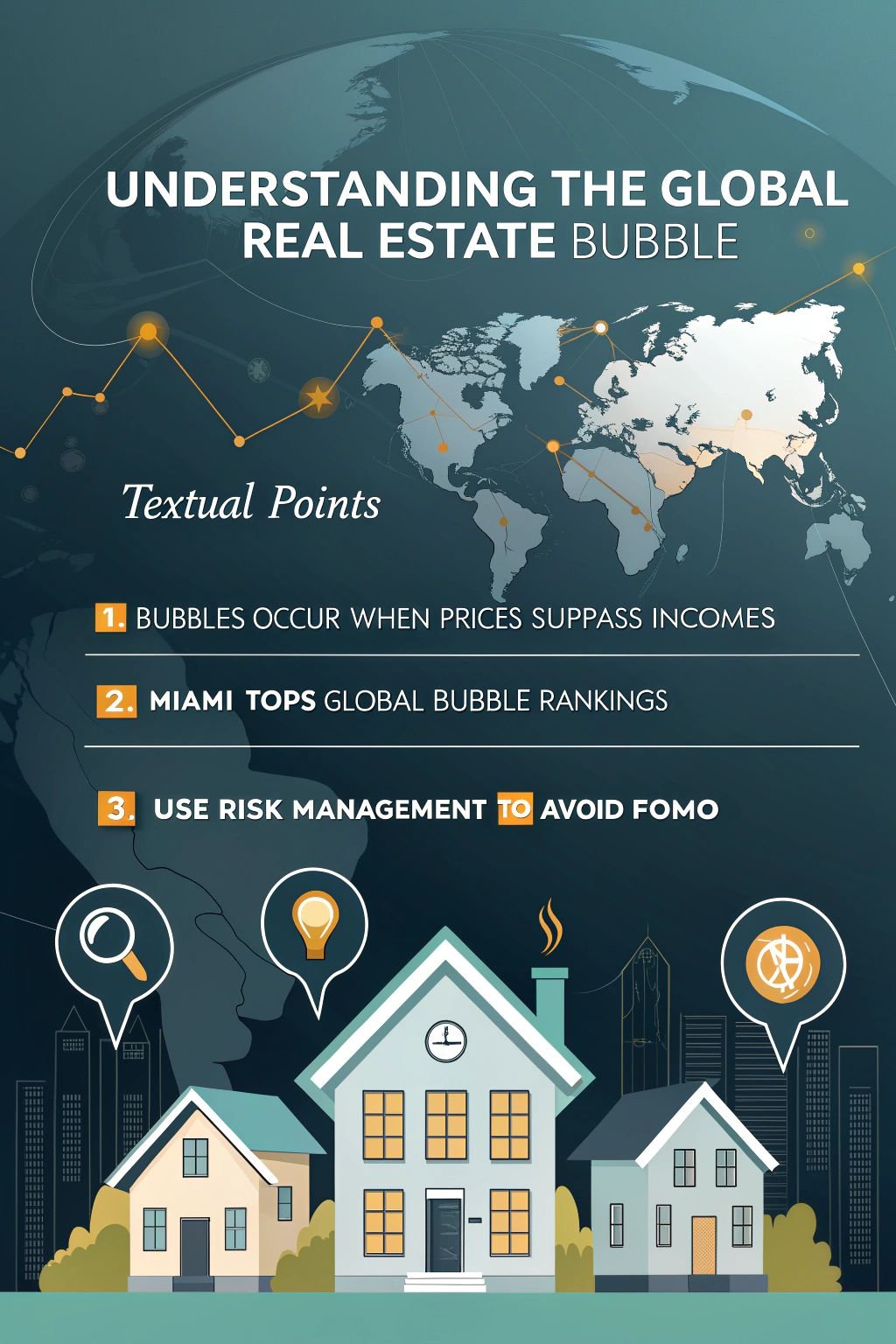
Understanding the Global Real Estate Bubble
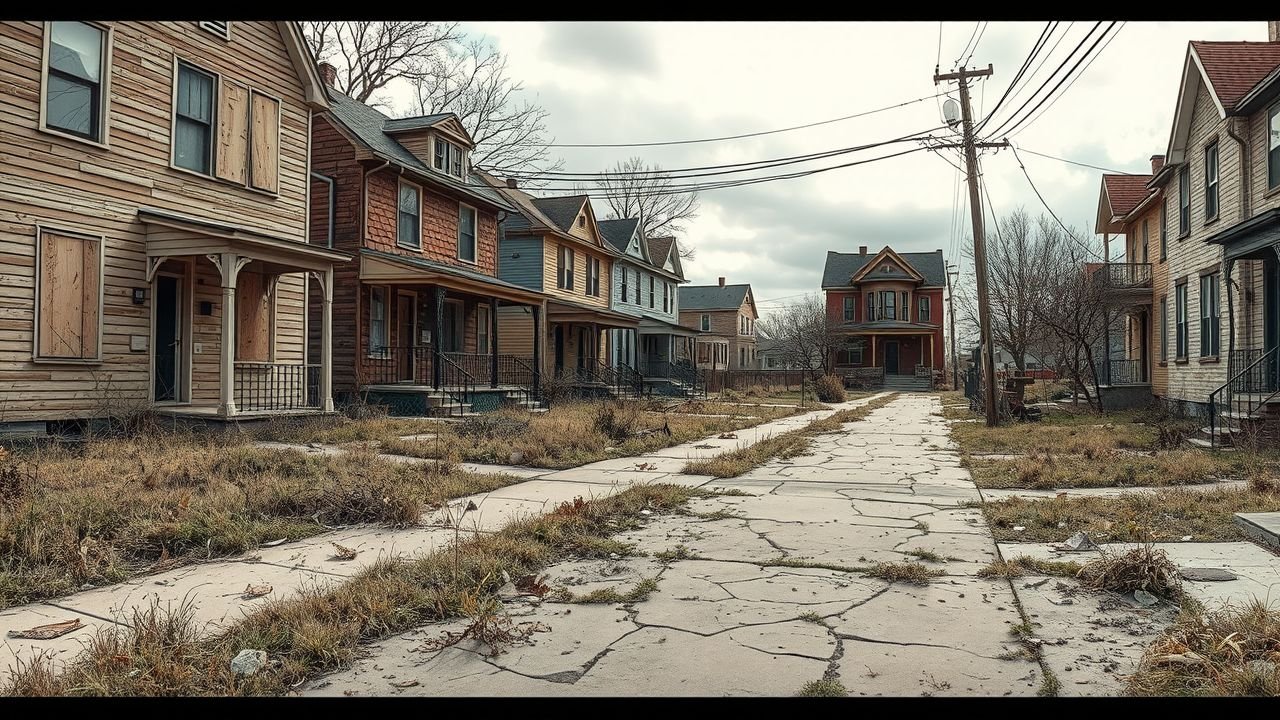
A real estate bubble occurs when home prices increase beyond the affordability of regular buyers. These bubbles often collapse, leading to significant drops in property values and shaking up the housing market.
Definition of a Housing Bubble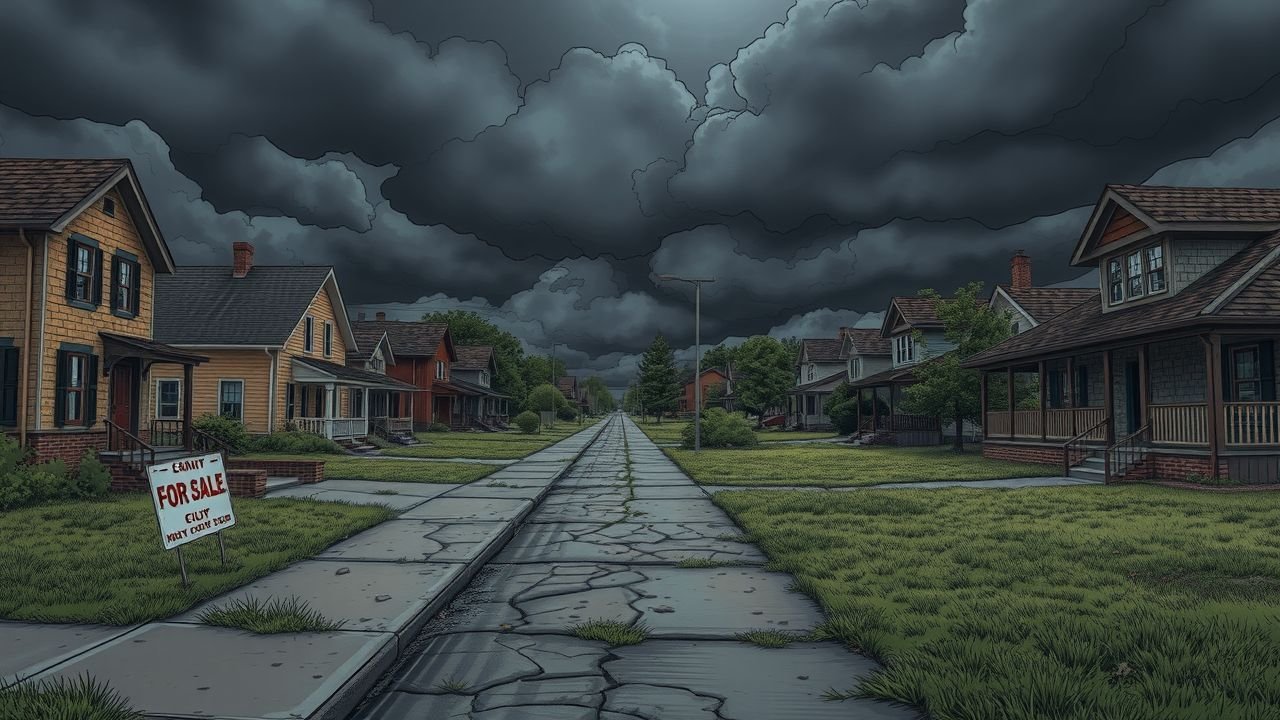
A housing bubble occurs when home prices increase significantly beyond their actual value. High demand, limited supply, and widespread speculation drive this surge. Speculators purchase residential properties anticipating quick profits as home equity rises.
This artificial growth destabilizes the market and makes it vulnerable to a sudden crash when demand decreases or supply expands. 1
Rapidly rising housing prices often indicate overconfidence in the real estate market. For instance, the U.S. subprime mortgage crisis of 2008 demonstrated how loose lending practices contributed to these bubbles.
Adjustable-rate mortgages encouraged higher borrowing but resulted in many homeowners defaulting once rates increased. As values dropped sharply, foreclosures escalated, impacting both local economies and global markets.
“Booming markets don’t last forever; crashes follow unchecked speculation.”
Examining historical examples like this provides valuable insights into identifying current causes of real estate bubbles today!
Historical Context and Examples
Understanding the history of housing bubbles can help you spot warning signs. Some major real estate crashes offer clear lessons.
- Japan’s Housing Bubble (1980s)
Property prices in Japan saw a significant rise during the late 1980s. Powered by easy loans and speculative buying, land values grew at unsustainable rates. By 1991, the bubble burst, leading to a prolonged economic slump that was later called the “Lost Decade.” 2 - U.S. Housing Bubble (2000s)
Home prices surged between 1997 and 2006 due to loose lending standards and high demand. Many buyers took on risky mortgage loans through entities like Fannie Mae and Freddie Mac. The bubble popped in 2008, triggering a global financial crisis and widespread foreclosures. 3 - Spain’s Real Estate Crash (2008)
During the early 2000s, Spain experienced an extraordinary land boom fueled by cheap credit and construction frenzy. Prices peaked in 2007 but fell sharply after 2008’s financial turmoil. Overbuilding left entire neighborhoods empty for years. - Ireland’s Celtic Tiger Era
Ireland saw a housing boom from the late 1990s to mid-2000s driven by population growth and rising home equity borrowing. After prices peaked, they dropped by over 50% post-2008, causing severe economic downturns. - Canada’s Regulatory Response
Cities like Toronto faced strong housing demand throughout the 2010s with rapidly climbing property values. To manage risks, Canada implemented measures like foreign buyer taxes and stricter loan requirements.
The next section explains how speculative actions fuel these market bubbles globally!
Causes of Real Estate Bubbles
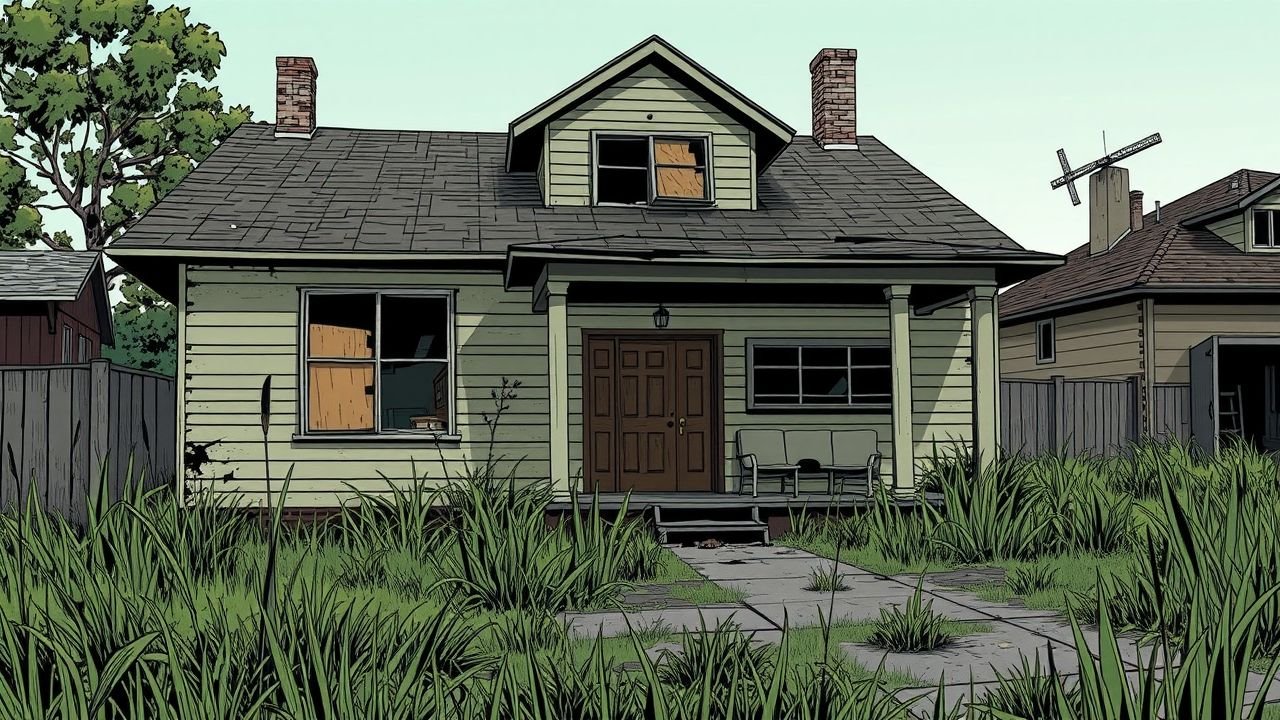
Real estate bubbles often arise when buyers actively pursue increasing home prices. Affordable loans and high-risk credit strategies can drive this surge, leading to unsustainable growth in the market.
Speculative Buying and FOMO
Speculative buying can send home prices skyrocketing beyond their actual value. You might see buyers quickly purchasing properties, not to reside in, but to sell later for a profit.
This behavior creates unsustainable demand and pushes the housing market into risky territory. As a result, residential property prices increase more quickly than the local income growth rate. 4
Fear of missing out (FOMO) drives many first-time and experienced investors into hasty decisions. The thought of losing an opportunity makes people overbid or skip essential research on deals that don’t align with their budgets or goals.
“Speculation often disconnects real housing prices from economic fundamentals,” warns Jay Hernandez, industry expert with over 15 years of experience. 5
Next, examine how rapid rises in home prices are directly linked to inflated bubbles.
Rapid Rise in Home Prices
Home prices have been increasing at a rapid rate in many housing markets. Temporary surges in demand have driven these increases, leaving supply struggling to keep up. In some cities like Toronto and Hong Kong, residential property prices escalated so quickly that average income levels couldn’t match the pace.
This has made housing affordability an increasing challenge for buyers, especially first-time homeowners. 4
Tight supply plays a significant role in these rising costs. Limited new construction combined with population growth creates intense competition among buyers. Sellers often benefit from this trend by cashing out at peak home equity values during the height of the bubble risk period.
Changes in mortgage interest rates or lending conditions can intensify price pressures further, heightening concerns about sustainability. 4
Indicators of relaxed lending standards and buyer FOMO (fear of missing out) often follow such sharp increases.
Loosening Lending Standards
As home prices surged rapidly, lending standards became more relaxed, fueling risky borrowing behavior. During the mid-2000s housing bubble, mortgage lenders approved loans for borrowers with poor credit histories and low incomes.
High-risk mortgages issued between 2004 and 2007 carried significantly higher default rates, leaving many unable to repay their debts. 6
Banks introduced products like no-documentation loans and adjustable-rate mortgages (ARMs), making it easier for people to borrow beyond their means. The Mortgage Credit Availability Index (MCAI) at that time showed a spike in loosened conditions, contributing to unsustainable growth.
While current lending standards suggest a slight MCAI increase, they remain tighter than those seen during the last property bubble. 6
Mortgage-backed securities played a major role as lenders sold bundled high-risk loans to investors worldwide. This practice transferred risk across global markets but amplified financial instability when defaults occurred.
Understanding these trends helps you approach today’s real estate market more responsibly while keeping an eye on ongoing financing conditions.
Signs of a Housing Bubble
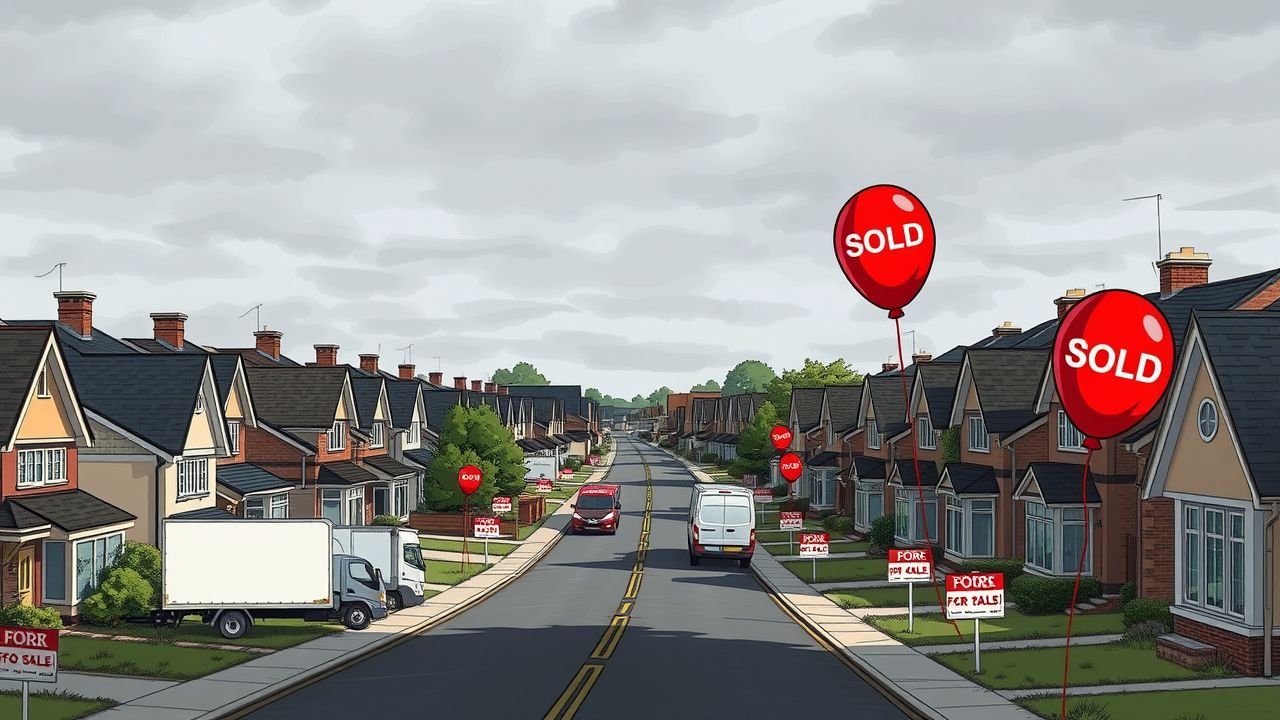
You might notice homes selling for prices that seem far beyond what most people can manage. Banks often approve loans more quickly during these periods, encouraging risky purchases.
Skyrocketing Prices Outpacing Income Growth
Home prices are rising quicker than most people’s income. 4 This disparity creates a growing housing affordability problem, leaving many struggling to purchase homes. The mid-2000s housing bubble showed similar patterns, with rapid price increases and stagnant wages. 4 Today, low supply largely drives this surge rather than speculation.
A short-term demand increase further exacerbates the price hikes. Limited housing supply worsens the situation in major markets like Toronto and Hong Kong. As residential property prices rise beyond sustainable levels, owning a home becomes increasingly difficult for average families.
Increased Construction Activity
Builders often increase construction activity during a housing bubble. This occurred in the mid-2000s when speculative buying triggered a surge in new home developments. 4 As demand increased significantly, developers hurried to match it, leading to more supply than the market could manage.
Projects expanded quickly, but many overlooked long-term sustainability.
Excessive building can result in oversupply, particularly if buyer demand suddenly decreases after a bubble bursts. When this occurs, prices often fall sharply due to too many available homes on the market.
Pay close attention to these trends if you’re monitoring real estate patterns. Sudden increases in housing construction may indicate risks closely tied to unstable residential property prices. 7Unsustainable Demand
Unsustainable demand occurs when housing demand significantly surpasses supply, leading to an imbalanced market. In cities like Detroit and Atlanta, home prices surpass real values by over 40%. 7 This makes houses increasingly unaffordable for average buyers. Speculators entering the market drive prices even higher, creating a cycle of rising costs. These spikes are often detached from local income growth or economic fundamentals.
A thriving stock market and low mortgage interest rates contribute further to the issue. Buyers worry about missing out due to limited inventory. As demand rises beyond sustainable levels, the risk of a housing bubble increases significantly. 7 Overvalued markets indicate potential challenges ahead with possible price corrections or even economic downturns looming in the future.
Consequences of Housing Bubbles
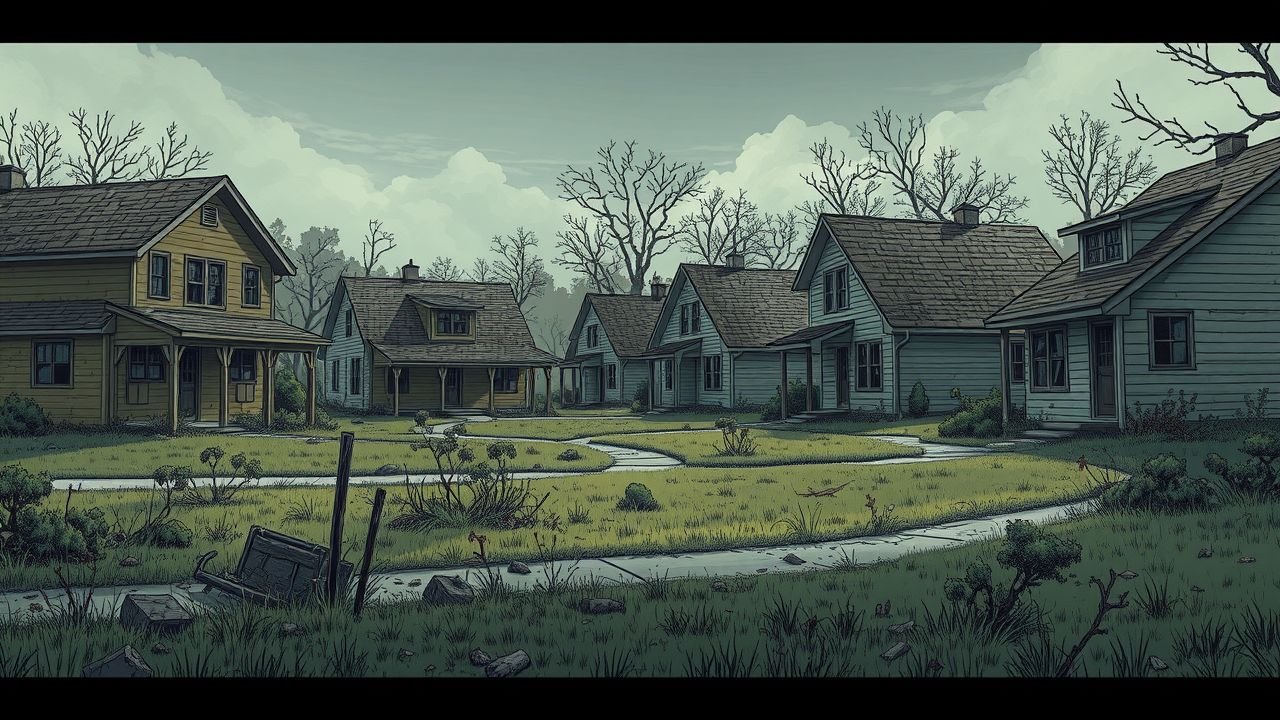
Housing bubbles can disrupt economies, leading to waves of foreclosures and financial difficulties. Examine how these impacts transform markets globally!
Economic Downturns Triggered by Bursting Bubbles
Bursting real estate bubbles often cause serious economic damage. Home prices drop significantly, leaving homeowners with properties worth less than their mortgage debt. The 2007–08 housing crash resulted in widespread foreclosures and led to the Great Recession. 7 Unemployment rates rose as businesses faced challenges in a declining economy, reducing the pool of potential homebuyers. 8
Local markets experience varying effects based on their economic stability and regulations. Cities with weaker financial systems or flexible lending standards feel more severe impacts.
Populations reliant on industries connected to real estate also face major challenges during these downturns, leading to cycles of reduced consumption and growth stagnation.
Foreclosures and Economic Impact
Foreclosures increase when home prices drop significantly, leaving many homeowners with negative equity. In 2023, the U.S. experienced 357,062 foreclosure filings compared to over 2.8 million during the peak of the 2009-2010 housing crisis. 1 This sharp decrease reflects improved lending practices today but also emphasizes how destructive past bubbles were to families and communities.
Losing a home creates widespread effects across an economy. Increased foreclosures negatively impact banks’ financial standings while reducing consumer spending power within local markets.
Housing bubbles that burst often diminish home equity, leaving borrowers owing more than their property is worth. As properties flood the market after defaults, supply surpasses demand, lowering values further and deepening economic downturns for all involved. 1Long-term Market Corrections
Long-term market corrections often reshape housing markets in significant ways. After a bubble bursts, home prices tend to decline over several years, creating lasting effects on homeowners and investors.
The 2008 subprime mortgage crisis serves as a key example. 9 During this period, excessive money printing and loose lending standards inflated property values well beyond sustainable levels.
As the bubble collapsed, foreclosures surged, and residential property prices fell sharply across major cities like Las Vegas and Miami.
The trend of treating real estate as financial products plays a big role here. 9 When homes are viewed this way instead of as living spaces, market stability weakens over time. In many cases, rapid declines in aggregate demand for properties further delay recovery efforts.
This can influence regions with high-risk scores such as London or Hong Kong—markets already strained by limited housing supply and affordability challenges for average buyers like you.
Global Real Estate Bubble Index 2024
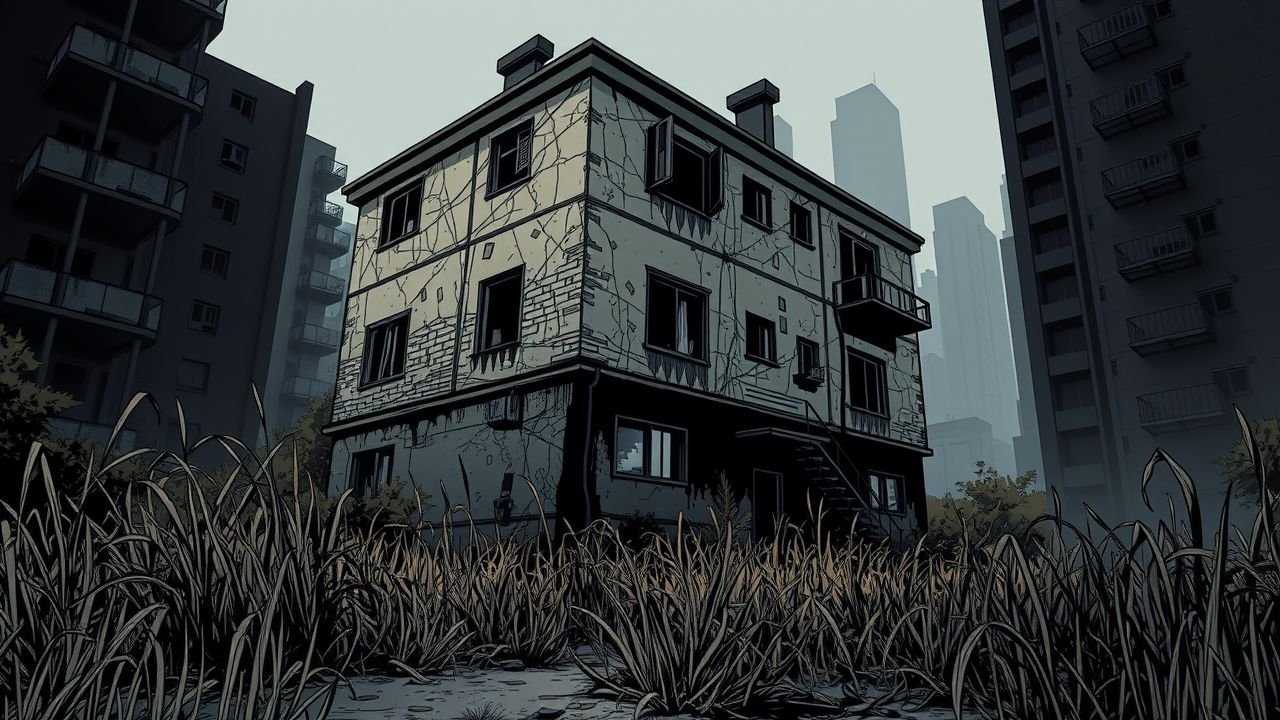
The Global Real Estate Bubble Index 2024 provides insight into housing markets facing significant bubble risks. It showcases trends in major cities and evaluates residential property prices alongside local income growth.
Overview and Key FindingsMiami ranks as the city with the highest bubble risk globally, followed by Tokyo and Zurich. 10 Elevated bubble risks also exist in Los Angeles, Toronto, and Geneva. If you’re monitoring real housing prices, cities like Frankfurt, Munich, Stockholm, Hong Kong, and Paris have experienced drops of over 20% from their peaks.
Real rents rose by an average of 5% in the past two years. 10 This increase has made housing affordability more challenging for renters worldwide. Investors should consider these trends while assessing residential property prices and potential opportunities in high-risk areas.
Bubble Risk Scores for Major Cities
Major cities worldwide are facing different levels of real estate bubble risks. As a homebuyer, seller, or investor, understanding which markets are most at risk can assist you in making well-informed decisions. Below is a table summarizing the latest bubble risk scores for 2024: 10
| City | Bubble Risk Score | Highlights |
|---|---|---|
| Miami | 1.79 | Highest bubble risk globally. |
| Tokyo | 1.67 | Second-highest risk recorded. |
| Zurich | 1.51 | Third place with consistent growth threats. |
| Dubai | Largest Increase | Significant spike compared to prior years. |
| Paris | Price Corrections | Notable reduction in inflated prices. |
| Hong Kong | Price Corrections | Ongoing adjustments impacting valuations. |
| Toronto | Price Corrections | Shift toward a more balanced market. |
| Vancouver | Price Corrections | Slower growth after earlier peaks. |
| Amsterdam | Price Corrections | Cooling prices amidst reduced demand. |
These scores represent market conditions that can help you evaluate cities with the highest risks of property value drops. Whether you’re planning to invest or sell, such details are crucial for making strategic decisions. Always assess risks thoroughly before finalizing your choices.
Strategies for Managing Bubble Risks
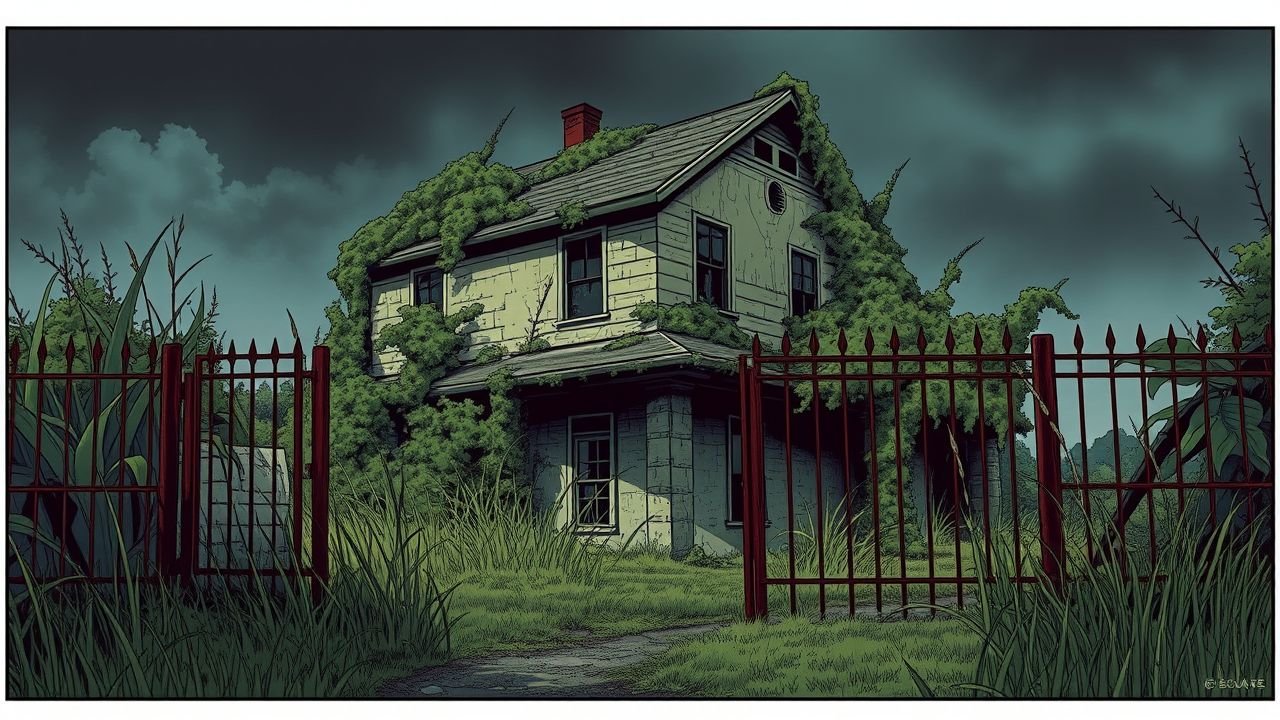
Stay informed about changes in the housing market and prioritize smart financial planning to minimize your exposure to risky investments.
Regulatory Measures
Central banks manage interest rates to reduce risky borrowing and speculative buying. Increased mortgage interest rates can decrease housing demand, relieving pressure on home prices.
For instance, significant rate increases in 2023 decelerated real estate bubbles in cities like Toronto and Hong Kong. 11
More rigorous lending standards help lower defaults on homeowner loans and second mortgages. Governments also implement stricter monitoring of financial practices to avoid unstable economic bubbles.
This strategy safeguards the housing market from sudden house price declines that negatively impact investors and homeowners alike. 11Financial Prudence and Consumer Education
Exercise caution before securing home loans or committing to property investments. Focus on understanding key metrics like loan-to-value ratios and mortgage interest rates.13 Inform yourself about financing conditions, including the risks of credit bubbles and debt deflation.
Tools like a mortgage calculator can help you evaluate affordability based on your income.
Stay updated about housing markets by monitoring trends in residential property prices. Avoid speculative buying driven by fear of missing out (FOMO). Instead, invest based on property essentials such as location, value, and potential for long-term growth.
Always maintain liquidity to prepare for unexpected financial changes or economic crises caused by bursting bubbles.12
Challenges and Opportunities in International Real Estate Development
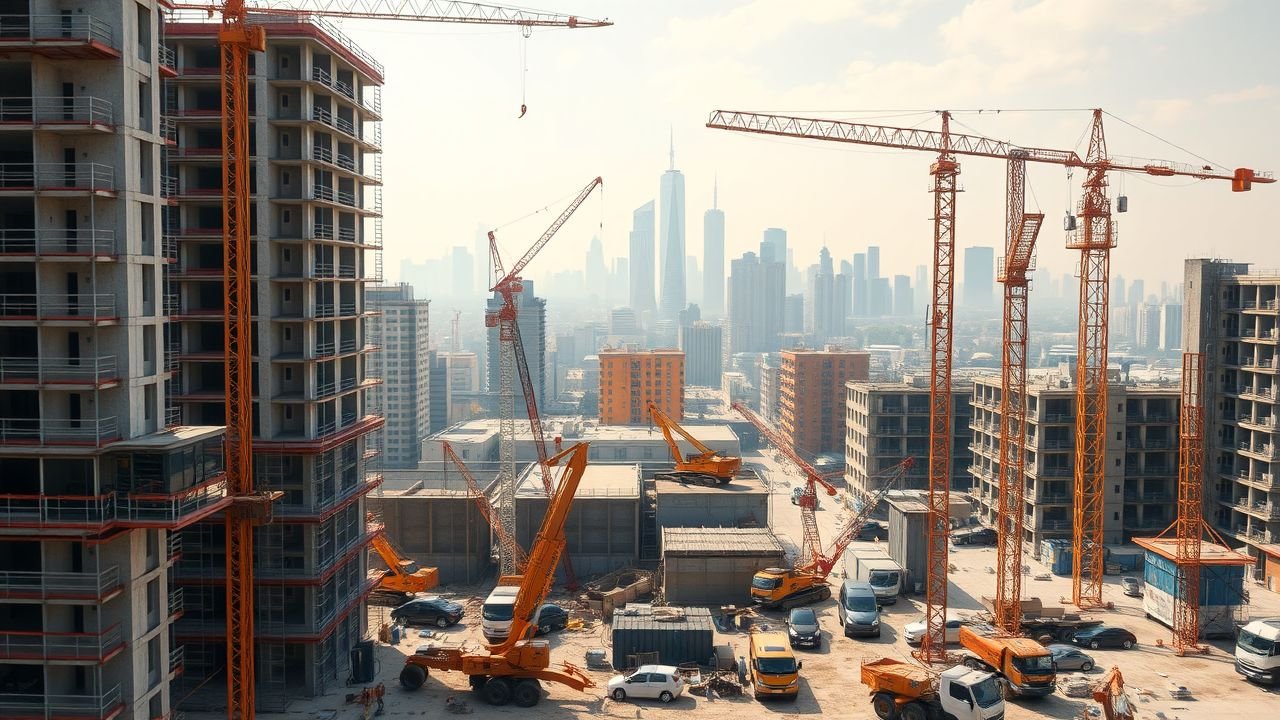
International real estate markets offer both growth and challenges. Emerging markets, like parts of Southeast Asia or Latin America, present massive potential with rising housing demand due to population growth.
Yet these areas often face regulatory uncertainty and currency fluctuation risks that could impact returns. For example, a sudden change in tax policies or government-backed incentives might alter the investment landscape overnight. 14
Established cities like London, Hong Kong, and Paris provide stability but come with high residential property prices and fierce competition for prime properties. Housing shortages in such regions can create new opportunities for developers who can address supply gaps through innovative housing construction methods.
Meanwhile, advancements in technology are making cross-border transactions easier by improving transparency and reducing administrative delays for investors worldwide.
Conclusion
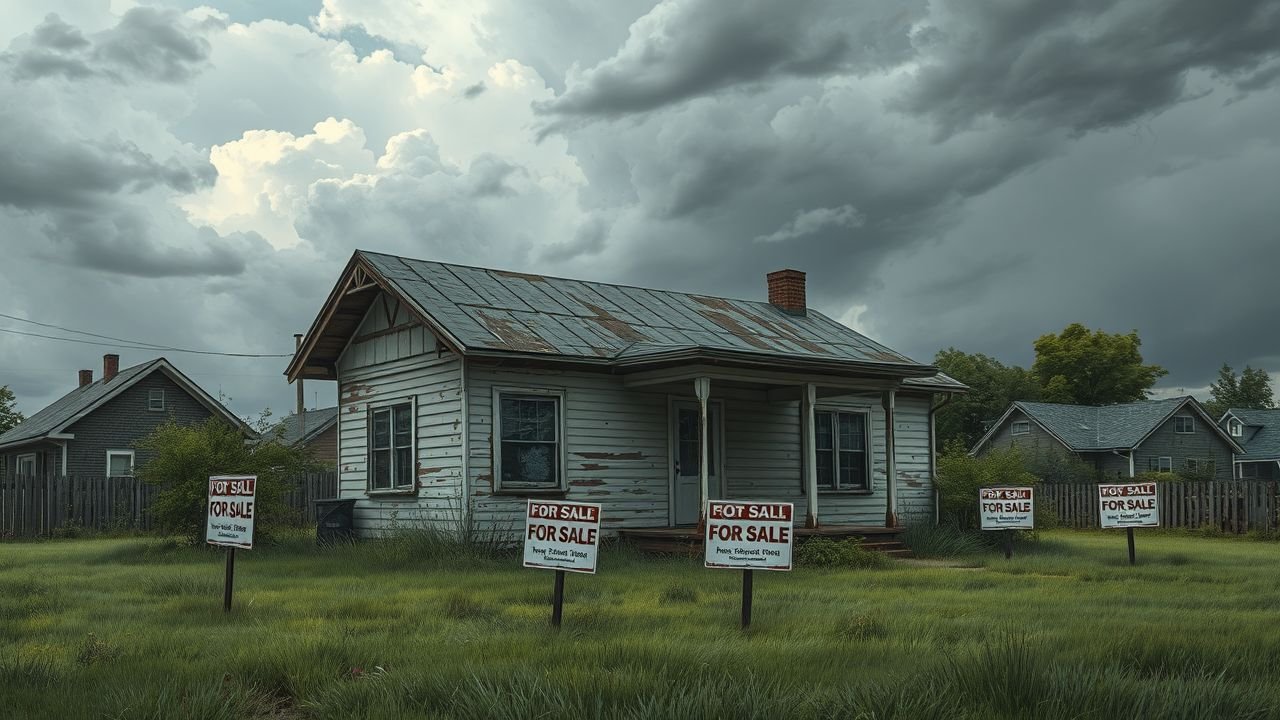
The global real estate bubble impacts everyone, from buyers to investors. By understanding its causes and signs, you can make more informed decisions in the housing market. Focus on trends like increasing home prices or high-risk loans.
These patterns often signal greater risks ahead. Stay aware and ready to safeguard your investments and financial future.
Discover more about the intricacies of the market by exploring our detailed analysis on challenges and opportunities in international real estate development.
FAQs
1. What is a real estate bubble, and how does it form?
A real estate bubble occurs when residential property prices rise far beyond their actual value due to high demand, speculative buying, or limited housing supply. It often bursts when home prices drop sharply.
2. How do interest rates affect the housing market?
Low mortgage interest rates can increase housing demand by making loans cheaper. However, rising rates may reduce affordability and slow down the market.
3. Why are some cities like London, Hong Kong, Paris, and Toronto at higher risk for a housing bubble?
These cities face unique challenges such as rapid population growth, limited land for new housing construction, and soaring home prices driven by global investment trends.
4. What role do government-sponsored enterprises like Fannie Mae and Freddie Mac play in the market?
Fannie Mae and Freddie Mac help stabilize financing conditions by backing mortgages to ensure liquidity in the housing markets.
5. Could a booming stock market contribute to a real estate bubble?
Yes, strong stock performance can fuel speculative bubbles as investors use financial leverage from gains to invest in properties or take on risky loans with high loan-to-value ratios.
6. How does fear of missing out (FOMO) impact homebuyers during a potential bubble?
FOMO pushes buyers into overpaying for homes due to concerns about rising house prices or shrinking inventory—further inflating the bubble risk within certain markets.
References
- ^ https://www.investopedia.com/terms/h/housing_bubble.asp (2024-03-15)
- ^ https://pictureperfectportfolios.com/the-complete-history-of-housing-bubbles-around-the-world/ (2024-11-24)
- ^ https://soar.suny.edu/bitstream/handle/20.500.12648/1885/Harnaga_Honors.pdf?sequence=1
- ^ https://www.businessinsider.com/personal-finance/mortgages/housing-bubble
- ^ https://blog.reination.com/what-causes-a-housing-bubble-anyway (2024-04-25)
- ^ https://www.carimcgee.com/lending-standards-are-they-too-loose-or-too-tight/4560/
- ^ https://www.investopedia.com/articles/07/housing_bubble.asp
- ^ https://www.sciencedirect.com/science/article/pii/S2405844023103616
- ^ https://www.strongtowns.org/journal/2024/8/19/the-housing-market-is-a-bubble-full-of-fraud-and-its-going-to-pop (2024-08-19)
- ^ https://www.ubs.com/global/en/media/display-page-ndp/en-20240924-gebri24.html (2024-09-24)
- ^ https://www.emortgagecapital.com/post/understanding-the-real-estate-bubble-causes-consequences-and-indicators
- ^ https://www.emortgagecapital.com/post/navigating-the-real-estate-bubble-understanding-the-risks-and-opportunities
- ^ https://www.ncbi.nlm.nih.gov/pmc/articles/PMC10755269/
- ^ https://bizgift.com/blog/global-real-estate-trends-opportunities-and-challenges


